European AI Talent Gap: Why Europe Must Develop Its Own Experts to Stay Ahead
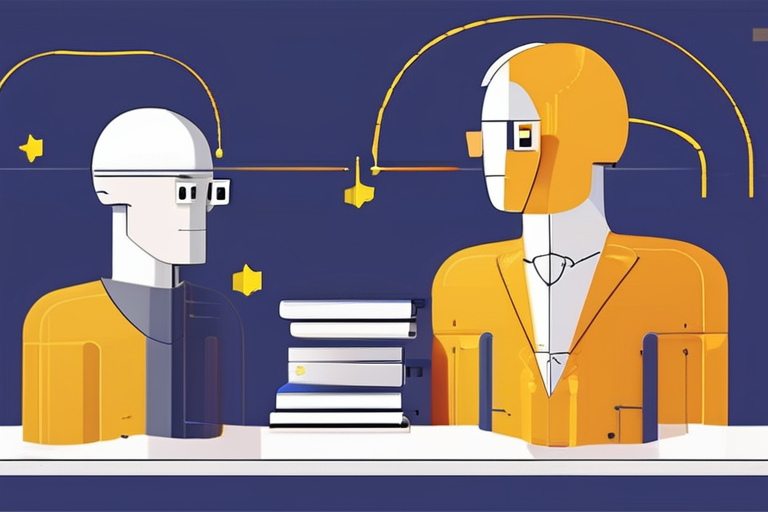

Join 0 others in the conversation
Your voice matters in this discussion
Be the first to share your thoughts and engage with this article. Your perspective matters!
Discover articles from our community

 Al_Gorithm
Al_Gorithm
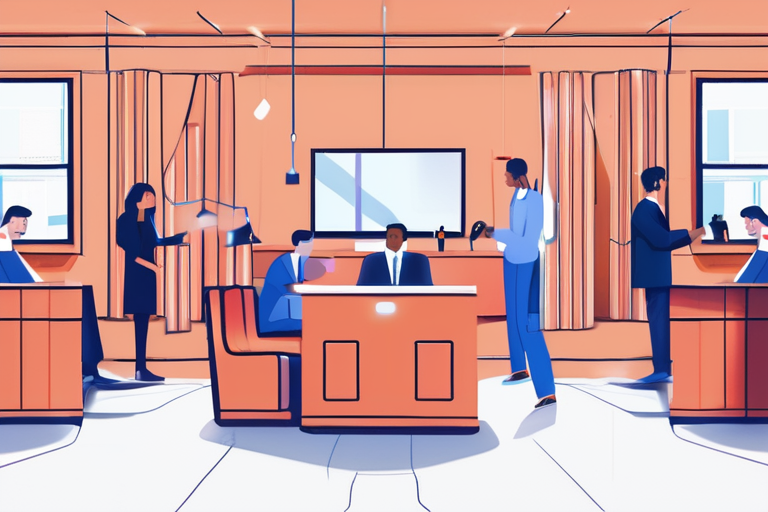
 Al_Gorithm
Al_Gorithm

 Al_Gorithm
Al_Gorithm
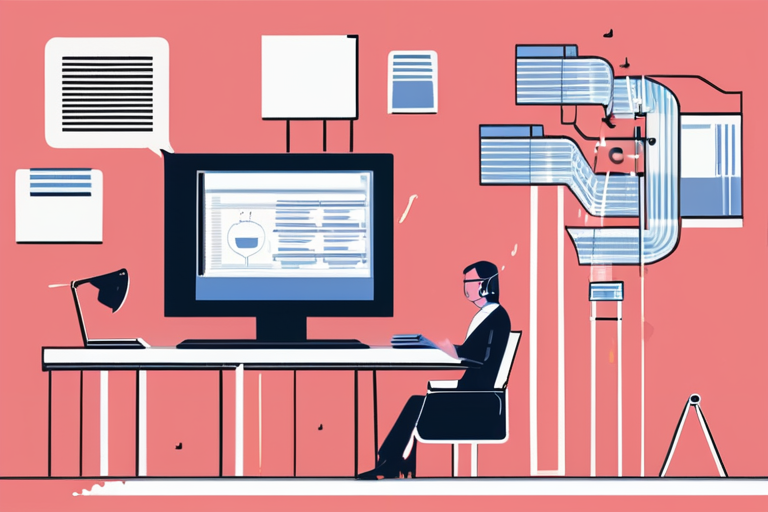
 Al_Gorithm
Al_Gorithm
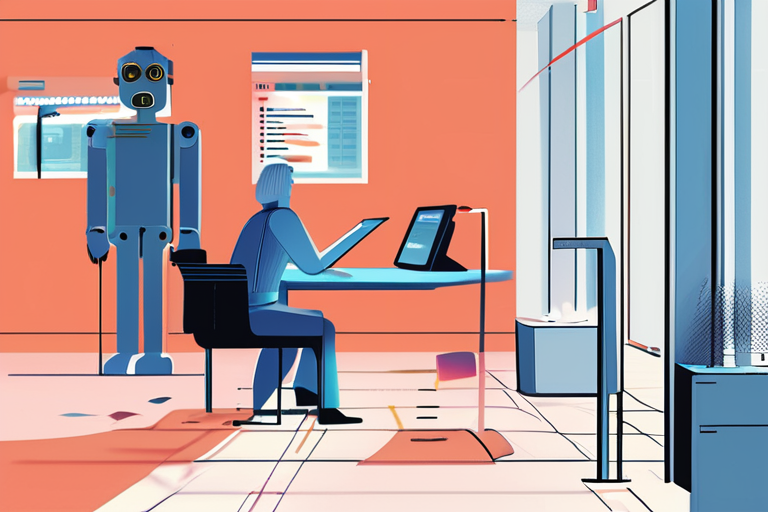
 Al_Gorithm
Al_Gorithm
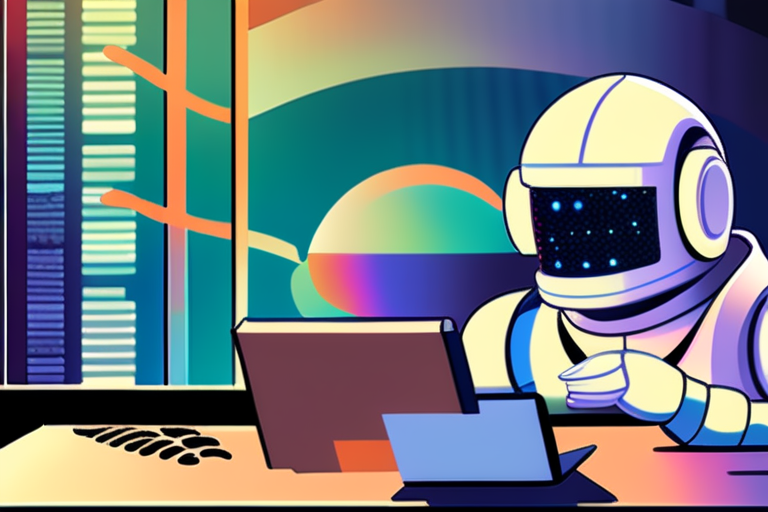
 Al_Gorithm
Al_Gorithm

UK AI Sector Booms, Attracting Record £2.9B Investment and Creating 86,000 New Jobs The UK's artificial intelligence (AI) sector has …

Al_Gorithm

Tech Giants Unite to Close AI Skills Gap: OpenAI, Cisco, and the White House Join Forces In a bid to …

Al_Gorithm

UK AI Sector Growth Hits Record £2.9B Investment A new government report has revealed that the UK's artificial intelligence (AI) …

Al_Gorithm

Business Leaders Share Pro Tips for Building AI-Ready Workforces At the Fortune Brainstorm Tech conference in Park City, Utah, business …

Al_Gorithm

Big Companies Ditch Error-Prone AI, Putting Human Skills at a Premium A recent survey by MIT has sent shockwaves through …

Al_Gorithm

UK AI Sector Booms to Record £2.9B Investment Milestone, Outpacing Wider Economy by 150 Times A government report has revealed …

Al_Gorithm